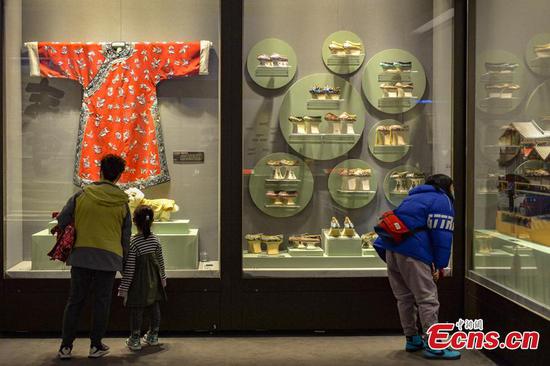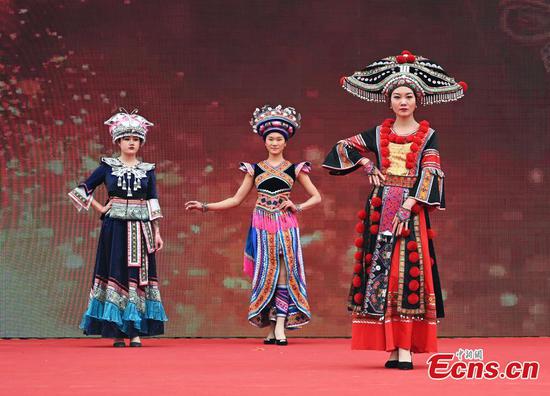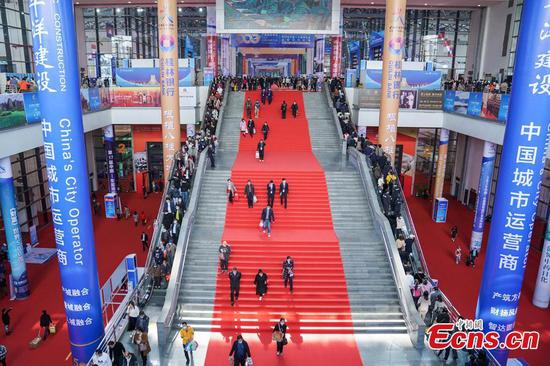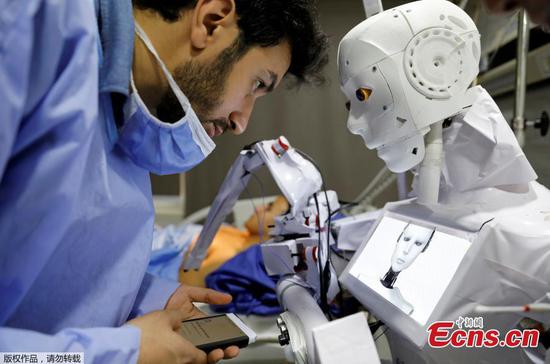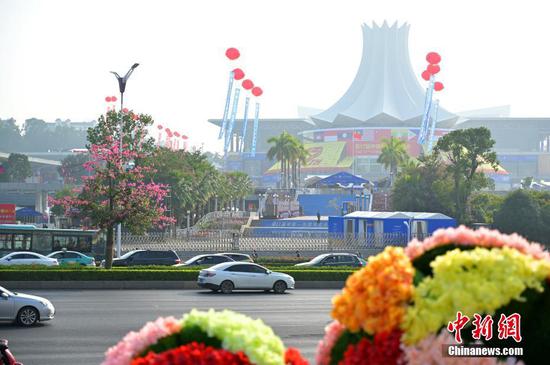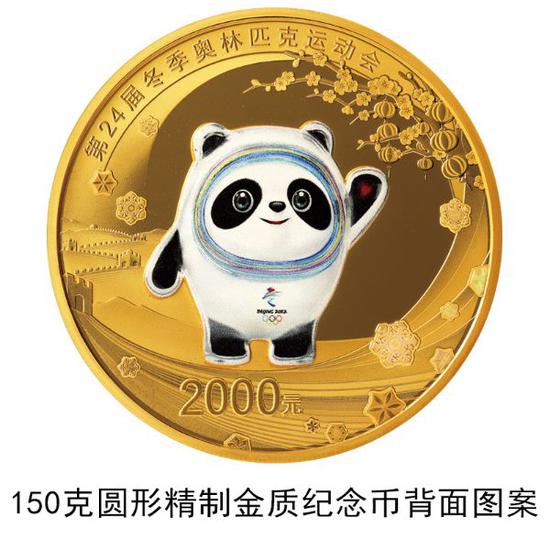
Photo taken on Nov 3, 2020 shows the view of the Lujiazui area of Pudong, East China's Shanghai. (Photo/Xinhua)
Experts: Country's role in global economic recovery becomes more prominent
When China charts the path for its development in the next five years and beyond, its policy blueprint matters not only to itself.
Amid the raging COVID-19 pandemic worldwide, observers said China's steady economic revival and its decision to build the new "dual-circulation" development paradigm will make the country's role as the engine driving the global economic recovery and growth become more prominent.
China is expected to be the only major economy to have a positive growth rate this year amid the pandemic, according to the International Monetary Fund. Relying on the vast market demand driven by a population of 1.4 billion and a middle-income group that exceeds 400 million, the country's imports are estimated to top $22 trillion in the coming decade.
During intensive multilateral meetings via video link in the past month, including the 27th APEC Economic Leaders' Meeting and the 15th Group of 20 Summit, President Xi Jinping has reaffirmed China's commitment to expanding opening-up while leveraging its strength as a huge market to bolster domestic demand. He said the country's new development paradigm will create opportunities for other countries' growth and contribute to global economic recovery.
"Our aim is to turn the China market into a market for the world, a market shared by all, and a market accessible to all. This way, we will be able to bring more positive energy to the global community," Xi said at the Third China International Import Expo, which was held in Shanghai in early November.
Given the profound changes in the domestic and international landscape, China had to readjust its development strategy when drawing up its economic and social development plan for the next five years starting from 2021.
It aims to achieve sustained and healthy economic development in the next five years with a focus on innovation-driven and high-quality growth, according to the proposals of the 19th Central Committee of the Communist Party of China for the 14th Five-Year Plan (2021-25) for National Economic and Social Development and the Long-Range Objectives Through the Year 2035.
To this end, China will speed up the building of the new development paradigm with the domestic market as the mainstay while the domestic and international markets complement each other, said the document adopted by the Fifth Plenary Session of the 19th Central Committee of the CPC at the end of October.
William Jones, a U.S. political analyst and a non-resident fellow at Chongyang Institute for Financial Studies of Renmin University of China, said that the external atmosphere for China's development has been "poisoned" to a large extent by some U.S. politicians' attempts to contain China. It has also had an adverse effect on the global market, with some countries putting up roadblocks to Chinese investment, particularly in the field of high-tech.
"So the decision to rely more strongly on domestic consumption as the primary driver for China's growth is a wise and practical decision," Jones said in an article published on the China Global Television Network website.
And as the nation shifts to a new development paradigm, China has made it clear that there will be no change in its orientation toward the global economy. While tapping the potential of the domestic market, it will strive to build an open economy of a higher standard.
Xi made this clear in his speech via video link at the APEC CEO Dialogues on Nov 19, in which he said: "We will not reverse course or run against the historical trend by 'decoupling' or forming a small circle to keep others out."
The value of China's gross domestic product is expected to reach 100 trillion yuan ($14.92 trillion) this year. By 2035, China's per capita GDP will reach the level of moderately developed countries, according to the country's new development blueprint.
Ivan Mrkic, former minister of foreign affairs of Serbia, said China's economic growth has significant bearing on the world economy due to its major role in global trade, its huge labor market and the nation's deep involvement in the global economy.
It has the largest middle-income group in the world, which will continue to expand during the period of the 14th Five-Year Plan, Mrkic said.
While striving to spur domestic consumption and increase investment, China remains committed to expanding all-around opening-up and exploring more efficient ways to connect domestic and foreign markets and share factors of production and other resources.
Uzbek ambassador to China Bakhtiyor Saidov said he believes the 14th Five-Year Plan will make a great contribution to China's economic and social development. The Chinese economy is recovering at present, Saidov said, and China will be a great contributor to helping the world economy get out of recession in the post-pandemic era.
Luis Diego Monsalve Hoyos, ambassador of Colombia to China, said he was aware of China's commitment to opening-up in its new development plan, including welcoming foreign investment and imports of foreign products. Like many other countries, Colombia wants to develop cooperation with China and access the Chinese market, he said.
China has made remarkable achievements in technological innovation and the digital economy and has also taken the lead in tackling the global climate challenge, the ambassador said, adding that he believes China will deliver more benefits to the world through innovation-driven development.
According to the new development blueprint, China will continue to promote international cooperation and explore new prospects for mutually beneficial results. It is also committed to advancing high-quality Belt and Road cooperation and actively participating in reform of the global economic governance system.
Belt and Road cooperation in the coming years will help promote the realization of the United Nations' Sustainable Development Goals, said former Egyptian prime minister Essam Sharaf.
Multinational companies are also upbeat about China's new development paradigm. Liu Yunfeng, executive vice-president of Volkswagen Group China, said China's commitment to opening-up has made foreign companies more confident and enthusiastic about increasing investment in the country.
Liu said that in the next four years, Volkswagen will invest 15 billion euros ($18.18 billion) in China in the field of electric cars. Volkswagen will take advantage of opportunities that the new development paradigm will create and promote relations between China and Germany as well as the European Union, he added.









